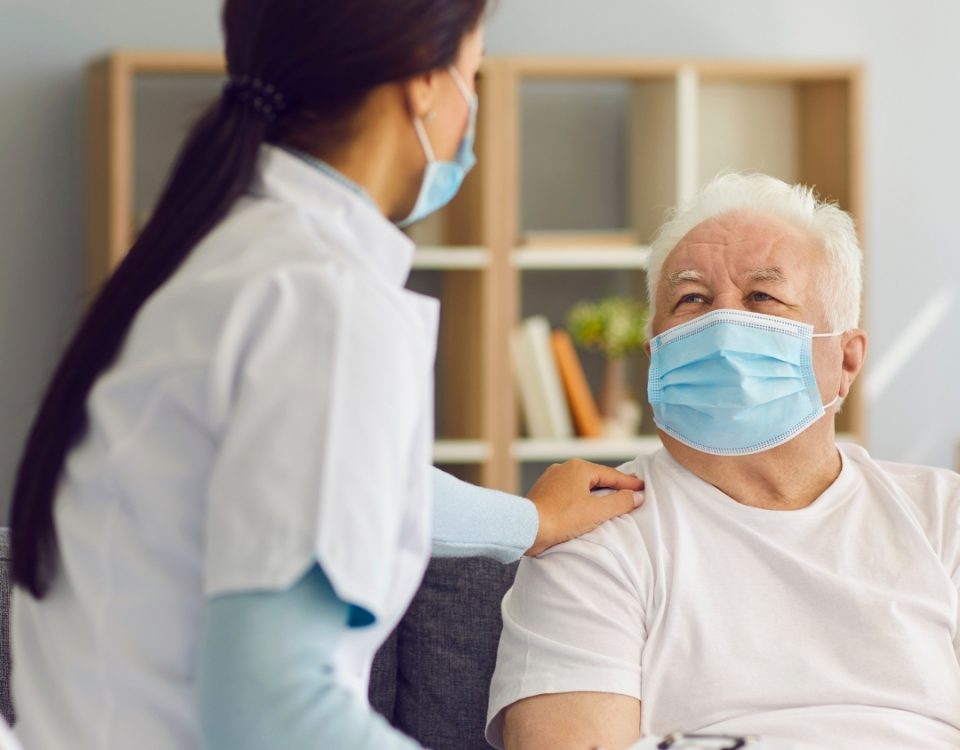
DOJ vs. Compliance Programs [Healthcare Compliance Tips]



Compliance Culture: 10 Questions Every Leader Needs to Ask



DOJ vs. Compliance Programs [Healthcare Compliance Tips]



Compliance Culture: 10 Questions Every Leader Needs to Ask
5 Billion Recovered: Why You Can’t Afford to Ignore It [Series]


Did you know the Department of Justice (DOJ) recovered over 5 billion dollars from the False Claims Act in 2021 from healthcare alone?
And it’s just not in the year 2021.
$1.8 billion in 2020.
$3 billion in 2019.
$2.5 billion in 2018.
It’s clear that the government is sending a strong message to healthcare organizations. And now is the time every practice must evaluate whether their compliance program is safe because, per these numbers, you may be next.
And before you say:
“This doesn’t apply to my small practice. Most major news coverage and money recovered by the DOJ are larger healthcare organizations.”
Oh, but it does.
What about this podiatrist, who must pay the government $35,000 due to fraudulent billing that violated the False Claims Act?
Or the dental office manager, who was sentenced to prison for 12 months and one day because they used an identity theft victim’s personal information to submit fraudulent bills to private insurance companies offering dental insurance.
Are these examples proof enough to show it’s time to make changes? I hope so!
In this series, I will share the top 8 ways to verify your compliance program is safe and meets government regulations.
Starting with:
#1: Conveys your practice reputation is important.
The OIG states, “Patient care is, and should be, the priority of a physician practice.”
But do patients feel this way outside your examination room?
All interactions, from scheduling and arrival to the front desk to checking vitals and questions about payment, etc., should be carefully monitored because patients are always watching.
The Journal of Medical Practice Management even reported:
Ninety-six percent of patient complaints are related to customer service.
Though this statistic did not show which area of customer service the complaints stemmed from, your practice should review all areas of patient interaction.
Remember, when patients feel customer service is inadequate, the word spreads throughout the community like wildfire, which can ruin your reputation and affect the safety of your compliance program.
In a perfect world, we hope patients would tell us their compliance concerns before calling the government, but that is not always the case.
It is our job to ease their fears to protect your compliance program. Reminding the patient your practice has an “open door” policy is essential and will keep them from dialing the OIG hotline when they find errors.
When you get a handle on your customer service, this is the first step to meeting government regulations and ensuring your patients are a priority in all areas, not just during the examination.
**The opinions and observations from Joi Sherrod/group are not a promise to exempt your practice from fines and penalties. Research, modify and tailor the advice to fit your specialty.









